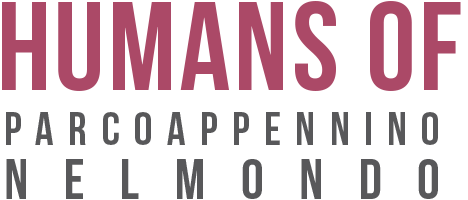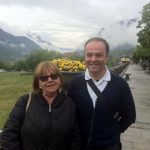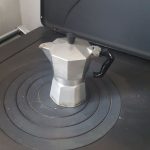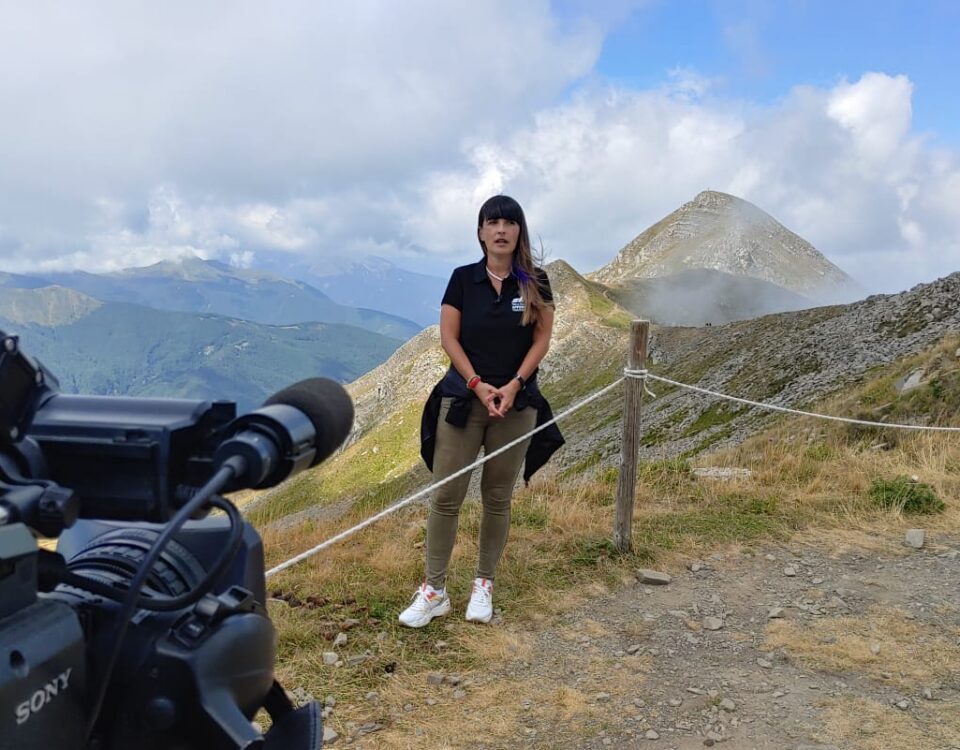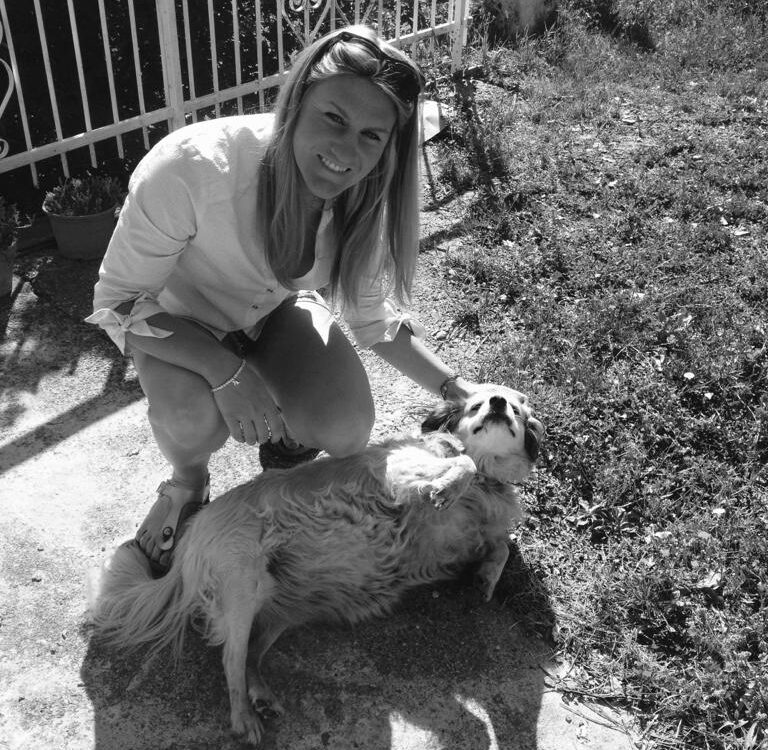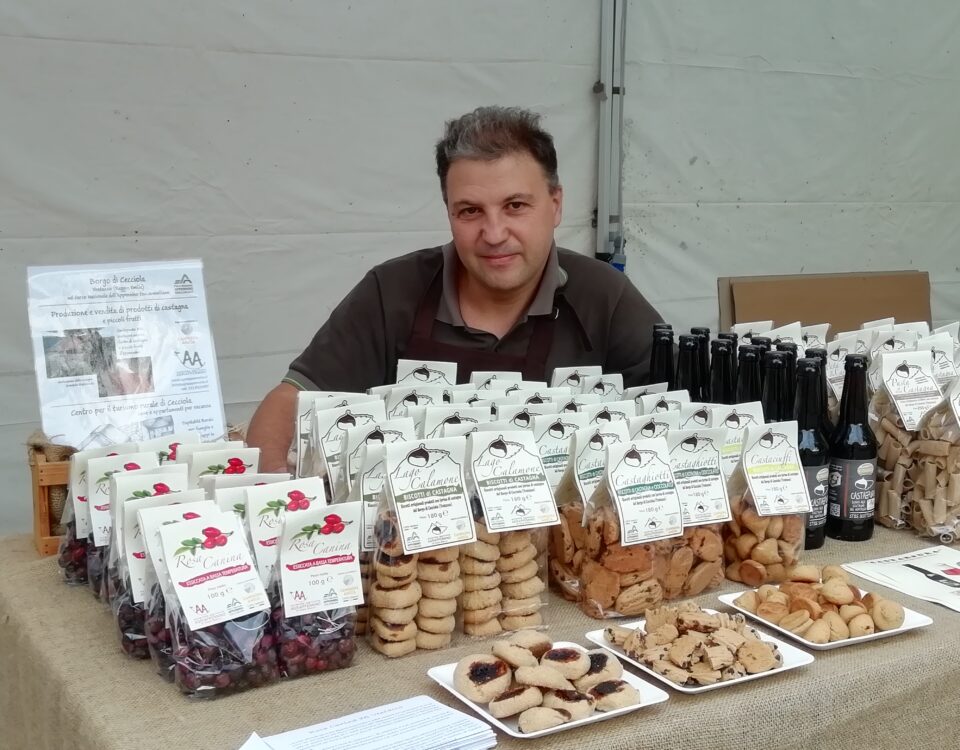
FROM THE “CASINO” TO THE SILENCE – Francesco Fabbiani
29 March 2018
THE APENNINE IS OUR RESPONSIBILITY – Matteo Manfredini
29 March 2018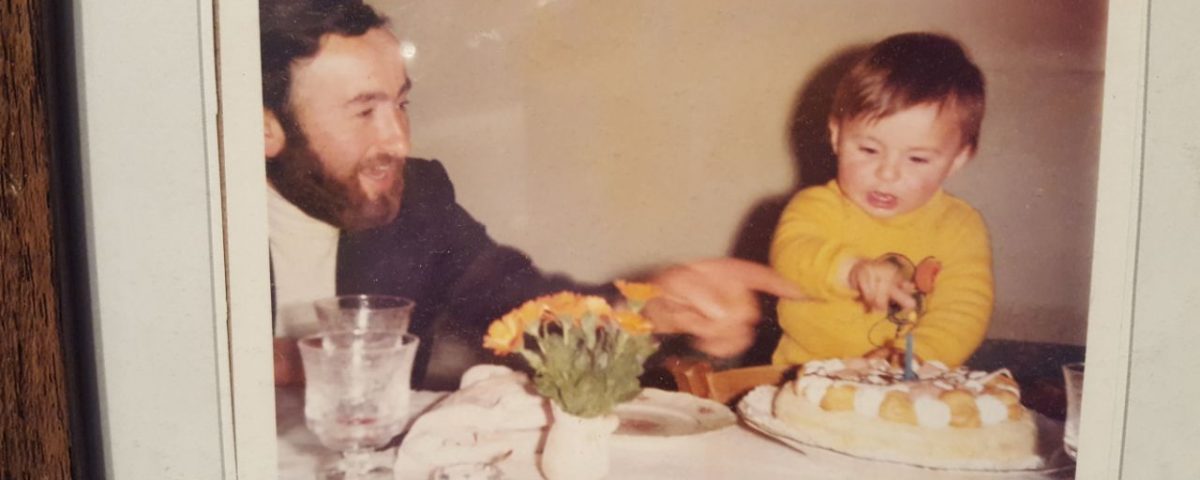
Marco Fedolfi was born in Castelnovo ne’ Monti, grew up in Cigarello di Carpineti with his grandparents who were from Castellaro di Vetto, he now lives between Frankfurt and Berlin. Tall, dreamy eyes and long eyebrows… Shy and reserved, he starts recounting. The waiter arrives. They were classmates in primary school. “Where do you live? I didn’t know you had moved. A friend’s father passed away a couple of months ago. Do you remember?” In ten minutes’ the whole bundle untangles… Here, in the Apennine, things work this way.
My grandfather Oreste, together with other compatriots, was deported to the Buchenwald concentration camp, where it was told a Savoy Princess was held as a political prisoner. He, luckier than others, had to peel potatoes in the kitchen for the whole daylong. I grew up listening how ‘mean’ these Germans were. Becoming an adult, though, I met people, writers, places of culture and German philosophy and I realized there was much more than that.
Therefore, in 1989, as a seventeen-year-old I went to work in an ice-cream parlor in Bavaria during the summer holidays. I was extremely happy for this opportunity; busy all day, from morning till dusk, with just one afternoon free during the week, which I spent resting. I was able to master a different language and financial independence.
My parents were very supportive with my choice, I used to hear from them regularly every 10 days on the phone, while everything in the Apennine progressed just fine. Just like every summer, with the fruit maturing, the greens in the garden to collect and the hard work in the fields.
Nostalgically I would think back to my grandfather’s job, the hard work and determination put in yearly taking care of the fields to guarantee food for the cattle during the winter. It was a thought, almost like a deep sense of guilt on his behalf; me, in Germany enriching myself with studies and knowledge, while my grandpa Oreste on the fields cutting straw under the burning sun, working with the ferra (sickle) along our mountains’ slopes.
After graduating, I attended college in Innsbruck, where I studied Slavic philosophy, Russian, Polish, romance philology and French. In the ‘90s Italians where still greeted with much prejudice, images linked to Mafia and corruption, a reality far apart from my own culture.
There I discovered the value of “how are you?”. In Russian Slavic, and German cultures, when a person asks how you are it’s because they’re really interested in you and your condition. It’s not a rhetoric question. At first they might feel cold but once opened the box the bond which creates lasts forever.
I won a scholarship and moved to Kiel in northern Germany but in order to complete my studies and my thesis – rejected due to its highly political content – I had to further move in Russia where I worked in an automotive industry. Almost by chance, I ended up working for a Hotel in Berlin first, in Lufthansa later, where I still work since 2000.
I come back often in Italy. I have strong bonds with my homeland. Staying with my grandparents had always been beautiful; still today my dreams are placed in the fields and the woods of Castellaro di Vetto. Every year on the first Sunday of September wherever I may be and even on my own, I celebrate Saint Stefano, in the most different ways. Certainly, my life in Berlin is a lot different from the life in our small abandoned villages but I imagine my retirement back on the Apennine.
